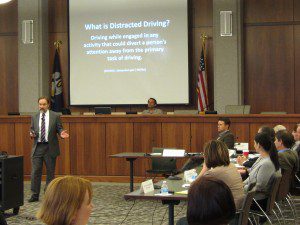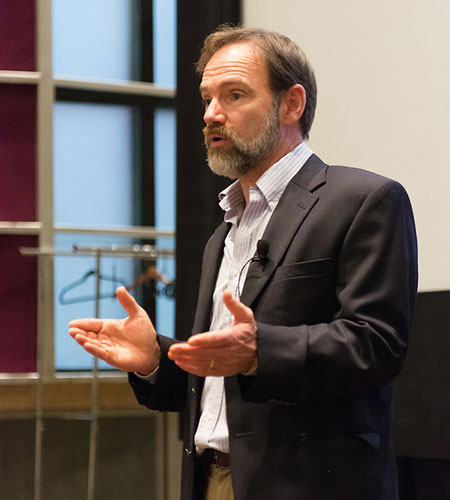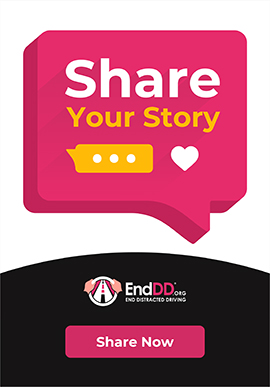 It was a great opportunity to share ideas and potential solutions to our distracted driving epidemic with the members of the Louisiana Property and Casualty Commission. Members of the Commission include representatives from the insurance industry, department of motor vehicles, law enforcement, traffic safety and university professionals, including researchers. We were also joined by a number of state legislators and representatives from the Louisiana Association for Justice. All are deeply committed to highway safety.
It was a great opportunity to share ideas and potential solutions to our distracted driving epidemic with the members of the Louisiana Property and Casualty Commission. Members of the Commission include representatives from the insurance industry, department of motor vehicles, law enforcement, traffic safety and university professionals, including researchers. We were also joined by a number of state legislators and representatives from the Louisiana Association for Justice. All are deeply committed to highway safety.
I was requested to talk about the benefits of enacting legislation to ban the use of hand-held electronic devices by drivers. Louisiana currently only has a law that bans texting while driving. I spoke briefly about how the evidence is beginning to demonstrate that enacting hand-held electronic device bans for drivers reduces overall cell phone use as well as crashes. There are a number of conflicting studies, but, from my review of the studies it is clear that enacting hands-free legislation reduces hand-held use of cell phones as well as overall use of cell phones while driving.
From my perspective, we need legislation – laws banning not just texting, but all hand-held use of electronic devices. Many in U.S. law enforcement feel that in states where holding cell phones to talk, e-mail, access Facebook or a GPS is legal, it is virtually impossible to tell if someone is texting or not. Some officers say that a texting only ban, without a complete hand-held electronic device ban, is “a joke.”In addition, these laws need to treat a violation as as a “primary” offense, meaning that a driver may be stopped by police, even if there is no other violation. In states where the offense is “secondary”, an officer may only stop a motorist if there is another traffic offense, one that is primary (e.g., running a red light, speeding, etc.), even if the officer sees the driver using a device. The legislation must also include fines significant enough to deter motorists from violating the law. Legislation with “teeth” would then give law enforcement a real opportunity to actually enforce the law.
Together with consistent enforcement, laws can help but, are not the ultimate answer. You cannot legislate against all distractions, e.g., putting on makeup, eating, reading a map, reaching down for an object on the floor, turning around to attend to children in the back seat, etc.
Most of us know that distracted driving is risky but many of us still drive distracted. As parents we would do anything to keep our children safe yet, we routinely drive distracted with them in the car, and in doing so, are implicitly teaching our children that it is OK to drive distracted. Many parents are not modeling safe driving for their children. We often rationalize our risk-taking by saying “it’s just for a few seconds,” “ we are experienced drivers,” “ nothing bad will happen” or that “ it’s an important call or text.” Only education and awareness can change the way we think about distracted driving.
There are a number of educational initiatives that were discussed, including using science-based programs like EndDD.org, working with businesses to encourage adoption of safe driving workplace policies, developing materials for parents to work with teens to help them become safer drivers, and working with teens, so that teens treat distracted driving like drunk driving and expect and require those who drive them to do so distraction-free. Friends don’t let friends drive distracted and friends should not let friends drive distracted. To that end, we discussed our EndDD bystander intervention model, “AVS,” which teaches teens how to effectively speak up when driven distracted by someone else.
Thus, we concurred that the end to distracted driving is three-fold; legislation, enforcement and education. All three combined are necessary to change behaviors and save lives. But I spent most of my time talking about how education and awareness can have immediate and long-lasting effects in reducing distracted driving. I was pleased to find out that Louisiana has taken a significant step in that direction with their recent launch of a campaign to educate parents about how to keep their teens safe.






